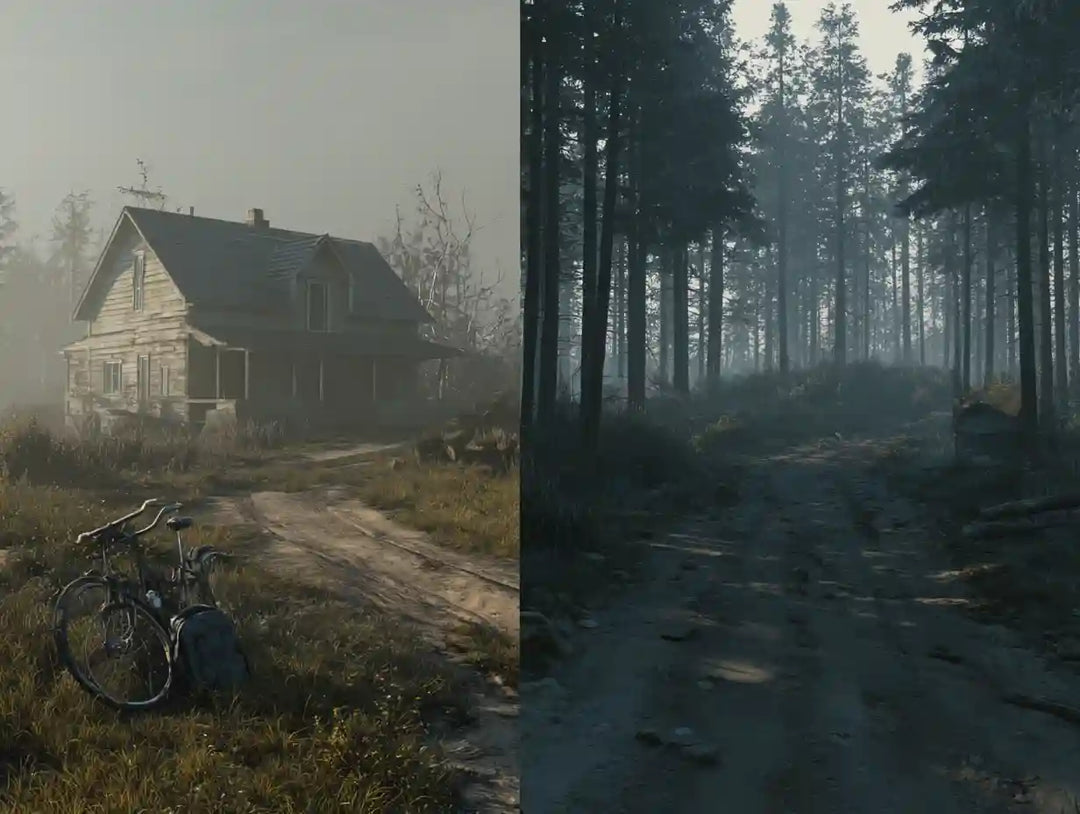Agatha Christie's Miss Marple is an iconic character known for her sharp intellect and unassuming nature. She has become a figurehead in the world of mystery solving, remaining relevant for almost a century. Dr. Mark Aldridge, an expert on Christie’s adaptations, explores this famous spinster sleuth in his latest book. He traces Jane Marple’s creation, adaptation, and significance across various media. The book contains extensive research on Marple’s history in novels, radio shows, films, and TV.
One key factor here is that Miss Marple’s character deceives both readers and criminals. Her soft-spoken, grandmotherly appearance is consistently overlooked by those around her, while she quietly observes and decodes the behavior of others. This makes her a fascinating figure in the mystery genre. But if you’re wondering, what exactly makes such a quiet figure so compelling across novels or adaptations? Dr. Aldridge works to answer this comprehensively for both casual readers and dedicated fans.
For those already familiar with Marple, here are some unique insights Aldridge provides:
- Marple’s journey began in 1927, in a period of personal struggle for Christie.
- The character became a stand-in for broader societal issues, delving into themes of wickedness—and how it hides in plain sight.
- Despite her strong character, Christie gave Miss Marple little backstory. Aldridge focuses on how this impacted readers’ interpretations.
- Marple’s transition from page to screen shaped the way modern audiences perceive her. Aldridge draws attention to how different actresses and adaptations have influenced our understanding of her.
If you’re a lover of crime fiction, seeing the evolution of Marple may already intrigue you. But what makes the book particularly interesting is how the details of each adaptation offer insight into the process of bringing literary detectives to life. For instance, Aldridge explores why MGM’s attempts to film Christie’s work ultimately left her with a bitter impression of Hollywood. Readers of Christie's works might also enjoy interactive experiences such as murder mystery games that bring these whodunit narratives to life.
Marple is not simply a detective. She is a lens through which Christie analyzes crime, punishment, and the darker side of human nature. Marple sees what others refuse to acknowledge—that evil exists in the places we find most comfortable. While Hercule Poirot, Christie’s other famous detective, relies on logic and order, Miss Marple approaches investigations with an emotional intelligence that sets her apart from many fictional detectives, making her such a fascinating character to explore.
The benefit of Aldridge's analysis is how he connects each stage of Marple’s life to Christie’s own experiences. He draws connections between the plots in the novels and anecdotes from Christie's personal life. For example:
- Details surrounding Marple’s first mystery, “The Murder at the Vicarage,” were inspired by personal events related to Christie, showing how much reality shaped her fiction.
- Broad context is given for each of the twelve novels and twenty short stories, including the time period in which Christie wrote them and how they reflected societal changes.
- Fans of particular film or TV adaptations will find extensive commentary and behind-the-scenes stories about casting choices, production decisions, and their effects on viewers’ perceptions of Miss Marple.
A good detective knows how to spot a clue and follow it to the solution. Christie’s adeptness at laying down breadcrumbs for her readers gave her characters—and her stories—lasting impact. Are you the kind of reader who enjoys searching for hidden meanings and uncovering truths bit by bit? This might explain why you’re fascinated by characters like Miss Marple or Hercule Poirot.
If you align with Miss Marple’s delicacy and empathy for people’s hidden sides, then chances are you will enjoy diving into cold case files or riddles that can’t be solved by brute force but through understanding the human condition. Engaging with a murder mystery game could put you in that mindset even further.
Tapping into that same curiosity, Masters of Mystery offers games focused on unraveling mysteries step by step, turning players into everyday detectives. Like Marple, you must observe, deduce, and challenge your assumptions to see what lurks below the surface. These games aim to re-create the thrill of piecing together clues and coming to conclusions others may have missed.
Think about your next game night. If you’ve ever wanted to feel like Miss Marple, solving puzzles with a cup of tea in hand, these games are designed to let you and your group live out that fantasy. Maybe you're looking for simple fun, but solving a well-plotted, challenging murder mystery could also be a way of engaging with Christie’s legacy in a novel way.
While Aldridge’s book is a scholarly look at Miss Marple—as well as her place in popular culture—the games offer something different. You’re no longer a spectator or reader; you’re right there, sorting through clues, spotting inconsistencies, and determining who among you is guilty. Can you pick up on what others may not notice, much like Marple herself would?
If you’re looking to extend your fascination with crime fiction beyond the page, challenge yourself with a mystery. Much like Dr. Aldridge’s detailed breakdown of Marple shows, it’s about the thrill of hitting upon the truth by remembering: evil hides even in the safest of places.







